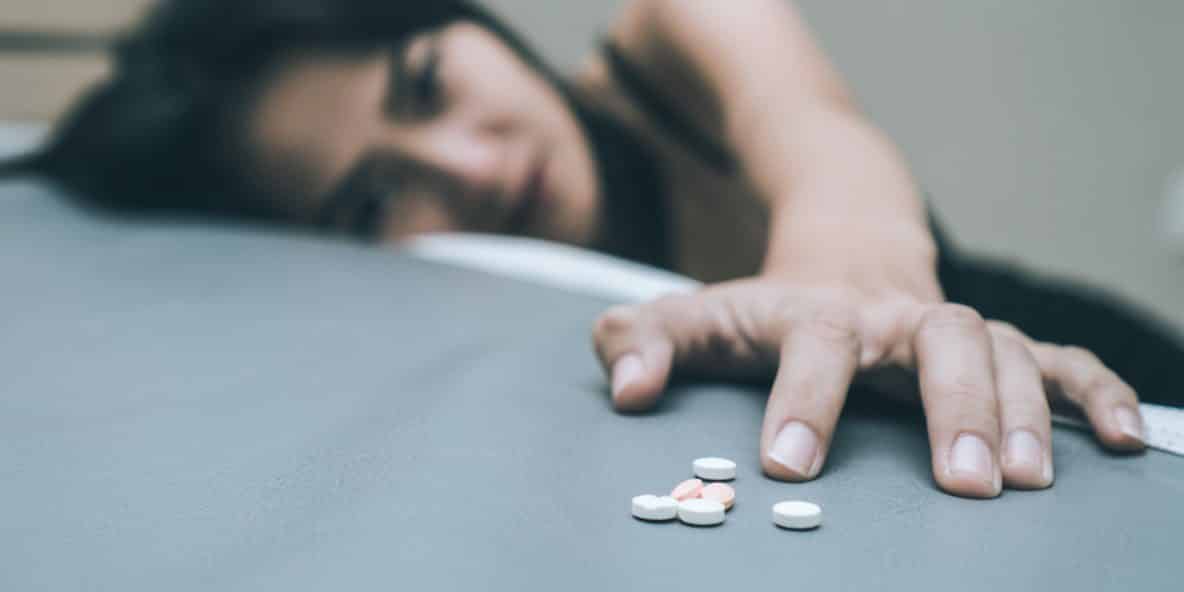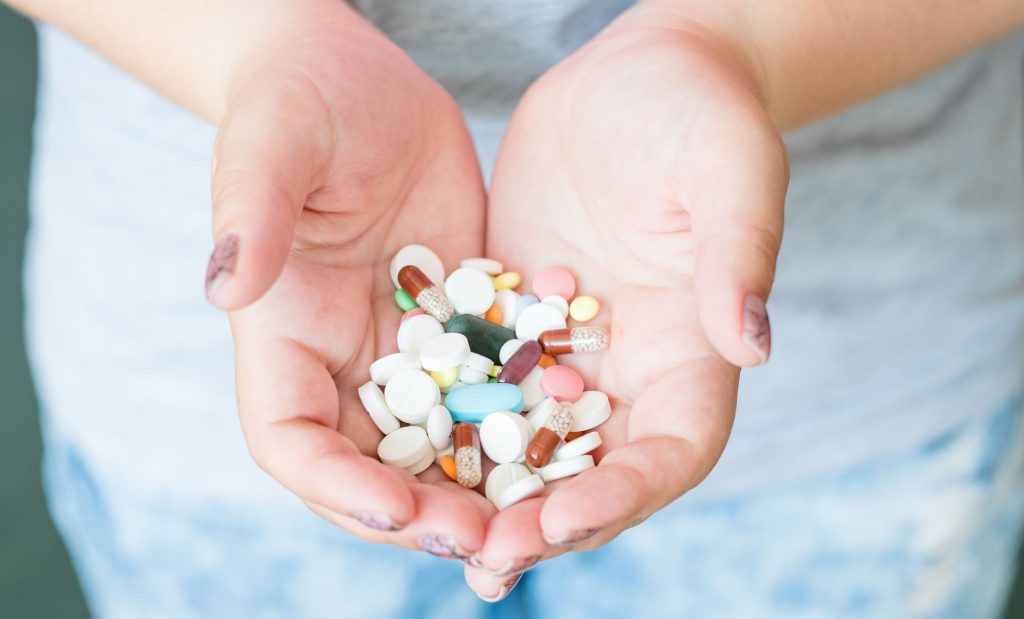
If you or someone you know is dealing with addiction, there are plenty of questions to be asked. For this reason, we have provided you with the following 10 frequently asked questions regarding addiction, detox, and recovery. This will be helpful in knowing what to expect during the process that will take from addiction to living a sober life.
The good news is that help is easier than you think. The hurdle is making the decision to get it. This is a detox center that is focused on making sure you start your sober life on the right foot.
You can learn more about what Gallus can do for you by visiting our site. Now, let’s take a look at the following 10 frequently asked questions below:
Table of Contents
What is drug addiction?

Source: uk-rehab.com
Drug addiction is the most severe form of substance abuse. It’s a brain disease that is considered complex and it is known to trigger cravings of certain substances. It is treatable and can take quite some time depending on the stage of addiction they are in.
How quickly can addiction develop?
There is no timeline in terms of how long addiction can develop. That’s because it will depend on several factors. This includes your age, the environment you’re in, the people you surround yourself with, and more.
An addiction can even take days to develop. Others may develop one over a longer period of time.
What are some risk factors of addiction?

Source: unsplash.com
Like the timeline, there really is no clear risk factor that determines if a person will be addicted to drugs. However, the environment that a person familiarizes themselves in could play a role in developing an addiction.
However, they may notice activities related to drugs and have the opportunity to partake in it themselves. If they use drugs at an early age, this could be a sign that addiction may form later on if they decide to continue.
Can drug addiction cause mental illness?
Drugs themselves may not directly cause mental illness. However, those with pre-existing disorders may get addicted to drugs as a way to escape them. At the same time, it could also intensify the symptoms they experience at times.
The misuse of drugs can and will develop some kind of mental disorders such as depression and schizophrenia. For these reasons, a treatment plan may include mental health counseling that is separate from drug addiction counseling since they are two different things.
Thus, if you have developed a mental illness before or even during addiction, it is recommended that mental health counseling become a part of your treatment plan.
Are There Legal Implications or Confidentiality Concerns for Individuals Seeking Addiction Treatment?
When seeking addiction treatment, understanding the confidentiality and legal protections in place is crucial and that’s why you should learn more before you take action. Patient confidentiality is of utmost importance in addiction treatment. Laws like HIPAA (Health Insurance Portability and Accountability Act) ensure that personal health information remains private, giving individuals confidence in the expectation of confidential treatment.
There are also legal protections for those seeking help. “Good Samaritan” laws, diversion programs, and drug courts are designed to encourage treatment without the fear of legal repercussions. These initiatives focus on rehabilitation over punishment, fostering a more supportive environment for recovery.
However, there are exceptions. Certain situations, such as reporting requirements for specific issues, might necessitate a breach of confidentiality. Also, there may be legal consequences unrelated to the treatment itself that need consideration.
Given these nuances, it’s advisable for individuals to consult legal counsel. Personalized guidance from legal professionals can navigate these complexities, ensuring that individuals seeking treatment understand their rights and protections.
How many people are suffering from opioid addiction?

Source: dischem.co.za
As of 2016, there have been 12 million Americans that have misused prescription opioids. Approximately 950,000 are believed to be addicted to heroin. These numbers are stunning, if not concerning for a time when the opioid epidemic is stronger than ever.
In that same year, over 17,000 have died from opioid medication overdose. That’s roughly 2,000 more than the 15,000 deaths linked to heroin. Regardless, it shows that opioid addiction is serious and must be addressed as soon as possible.
What is “detox”?
Detoxification or “detox” for short is the process where drugs will be leaving your body. As this happens, your body will manage the withdrawal symptoms that can occur. The process is only part of the treatment plan and should not be the only step in getting over addiction.
What needs to be supplemented with this is regular therapy sessions. A combination of detox and therapy will make for a successful recovery plan (along with things you can do to better yourself such as diet, exercise, or other activities). This also includes taking suboxone strips which are prescripted by the experts after having withdrawal symptoms.
Are there any treatments for addiction that are effective?
This will depend on the kind of addiction you’re trying to beat. Not every addiction treatment is the same. You have treatments for drugs, alcohol, and yes even tobacco. It’s also important to know that it may take several courses of treatment before the addiction has been conquered.
That’s why you’ll want to consider your options for addiction treatment. It can depend on the severity of the addiction and the type of drugs that are involved. For example, opioid addiction can be treated through Medication Assisted Treatments (or MATs).
MATs can last anywhere from weeks to even several years. This can depend on the addiction they’re beating as well as the medication they are taking.
How long does recovery from drug addiction take?
While the brain takes 90 days or more to heal and rewire itself, it doesn’t stop there. It can depend on the therapy and treatment plan that you are on for treating addiction. This recovery process can take weeks or even more than a year.
What can I do after I have recovered from drug addiction?

Source: helpguide.org
The answer is simple: live life in a healthy way. You can form better habits that will ensure that you live a more healthy, fulfilling life. You can also use this opportunity to build healthy relationships with your family and friends.
There is nothing more fulfilling and rewarding than living life after beating an addiction. This is one more good reason why it’s better to get help now rather than never at all. The sooner you start, the better off you’ll be later on.
Is it too late to start treatment?
It’s never too late to start treatment for addiction. You may be young or old. You may be in the early or late stages.
Regardless, it’s never too late for you to seek the help you need. Once again, the sooner you do, the better your chances of living a better life. You deserve a second chance no matter what.
That’s why it’s important that you consider a detox center to be your go-to place for your treatment. The time has come to make a decision – make it a good one.








